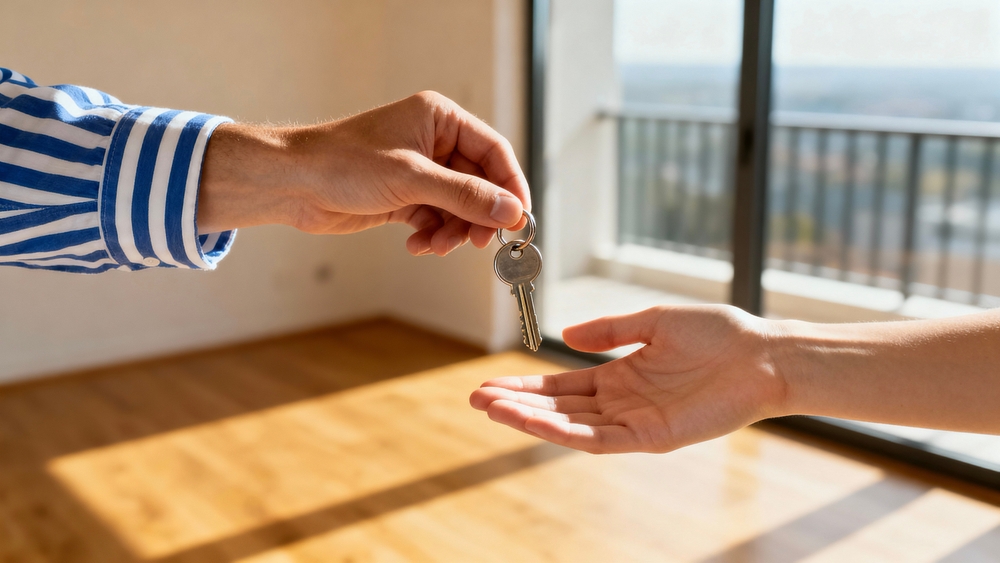
Now, you embark on the critical journey of managing issues and conflicts that may arise during tenancy. The key to successfully traversing these challenges lies in the art of building and maintaining robust landlord-tenant relationships. This final installment in our Landlord 101 Guide series explores how to enhance these essential connections, including maintaining prompt responsiveness to maintenance requests.
A mutually beneficial, professional relationship flourishes when there's clarity of expectations and an understanding of shared responsibilities from the get-go. Start by providing comprehensive written details on all property policies as part of the rental agreement. This should cover rules pertaining to pets, guests, noise, and repair requests, among others.
Always prioritize responding promptly to maintenance requests. This not only fosters tenant satisfaction but also helps protect your investment in the long run. A timely response to repairs shows your commitment to the tenant's welfare and the property's upkeep.
If possible, personally go through all policies with your tenants. This ensures they fully understand the rules and provides an opportunity to clarify any doubts. Emphasize that the rules are set in stone but explain the consequences if they're not followed, without resorting to threats or an overly punitive tone. Your aim is to inform and establish norms, not to ignite an adversarial relationship.
Being approachable while maintaining your stance is vital. Encouraging open communication channels enables tenants to inform you about any problems promptly.
Careful tenant selection often helps avoid major headaches. However, even with model tenants, occasional issues are inevitable.
Preemptive conflict management planning can be a game-changer. Consider potential issues that may arise - such as frequent complaints or pet misbehavior - and plan your responses. Assess whether you can address these issues directly and calmly.
Clearly laid out policies for handling severe or repeated problems in the lease agreement are essential. These could include warnings, fines, and, in worst-case scenarios, eviction.
A good understanding of local eviction laws is a must-have - don't wait until a rent payment issue arises. Despite a solid understanding of the law, there may be occasions where consulting with an attorney to resolve complex issues or handle an eviction becomes necessary.
Landlords often have different perceptions of tenant relations. Some relish the interaction, while others might find it overwhelming. If you lean towards the latter, a property manager could be your saving grace. They can handle tenant communications, address inquiries and complaints, and professionally enforce policy violations, all while lightening your load.
Conclusion: As we wrap up the final chapter of our Landlord 101 Guide series, remember that fostering a strong landlord-tenant relationship is pivotal to a smooth rental experience. Ensuring open communication, clear expectations, prompt response to maintenance requests, and speedy issue resolution are all part of this process.
Looking for property management services in your area?
Find out about our services and fees from one of our experienced agents. We provide management & brokerage services for community associations, residential properties, and commercial properties.

A complete guide for landlords on building a tenant welcome packet that improves communication, reduces issues, and supports long-term tenant retention.

Discover 7 creative ways to finance rental property without traditional loans and learn how investors build portfolios with flexible strategies.
We're proud to make partnering with us easy. Contact our team to connect with one of our industry experts and get started today.